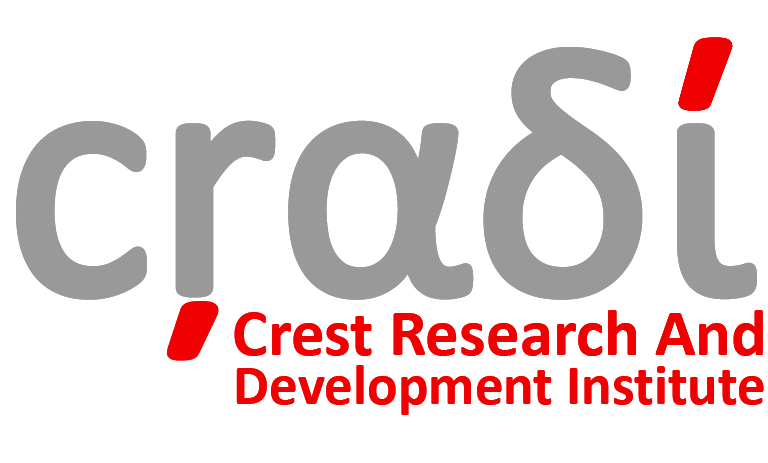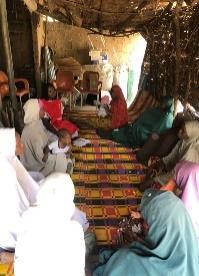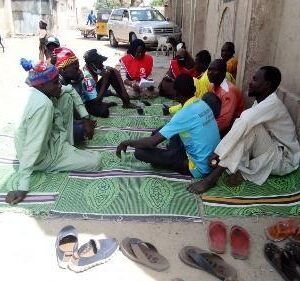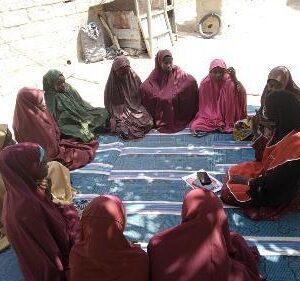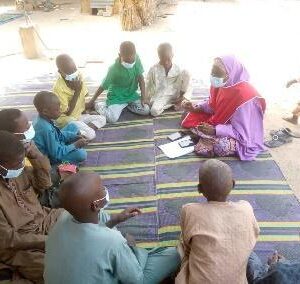Client - Save the Children International (SCI)

Objective:
Nutrition & Child Protection
Practice Area:
Developmental Aid
Status:
Completed
Locations:
Jere, Konduga & Mafa LGA's Borno State
Start Date:
2022
End Date:
2023
Project Summary
In response to the protracted conflict that continued to impact boys, girls, women and men in Northeast Nigeria and building on the premise of different studies and assessments of the aftermath. Save the Children initiated a gender-responsive nutrition (integrated with WASH) and protection project to reduce suffering, increase and maintain human dignity, and save lives among girls, boys U5 and PWL/Gs in Jere, Konduga and Mafa LGAs in Borno State. With the aim to improve their nutritional status among them and to facilitate improved positive coping strategies and enhanced protective environment for crisis-affected girls and boys. And as an overture to implementation, Save the Children commissioned a baseline study in Jere, Konduga and Mafa LGAs to better understand the realities on ground and establish a monitoring and evaluation benchmark for planning and measuring the progress and impact of the project.
CRADI was engaged to conduct a baseline assessment to determine the baseline values/data upon which the intervention’s success will be measured. Findings from the assessment were documented and integrated into the implementation of the project.
The specific objectives of the study included:
- To generate baseline data for a set of outcome indicators outlined in the Project Performance Measurement Framework (PMF)
- Use the collected data as a benchmark for measuring project successes.
- Provide a benchmark for outcome indicator comparison by the end of the project.
- Suggest priority areas/need for adaptive management in the course of implementation.
The study was conducted in three LGAs (Jere, Konduga and Mafa) in Borno State, Nigeria. The study population consisted of girls, boys, women, and men living in households within the project implementation communities, as well as community leaders and government officials.
The study used a mixed method approach that incorporated both qualitative and quantitative results-based approaches and was participatory and solution-oriented. Child-safeguarding principles and practices were observed throughout the study.
The study collected data from 476 surveys, which were triangulated with 24 Key Informant Interviews (KIIs) and 22 Focus Group Discussions (FGDs) across 18 communities in the three LGAs. The quantitative data were analyzed using Excel pivot tables, while the qualitative data were transcribed, translated from local languages to English, and analyzed using content analysis. The study synthesized multi-level perspectives gained at the field data gathering stage to characterize the context in line with the project objectives and the performance measurement framework (PMF). The triangulated data from content analysis was compared with information gleaned from surveys and a comprehensive review of secondary data to generate useful information.
Project Gallery


